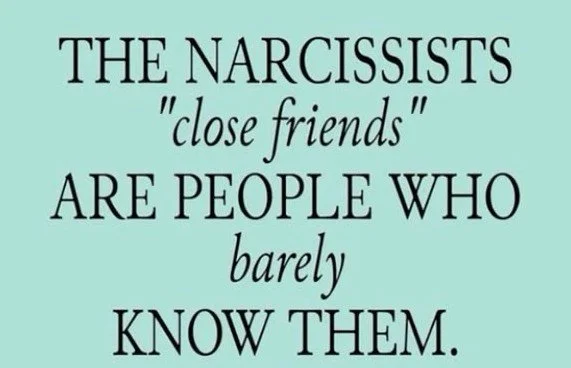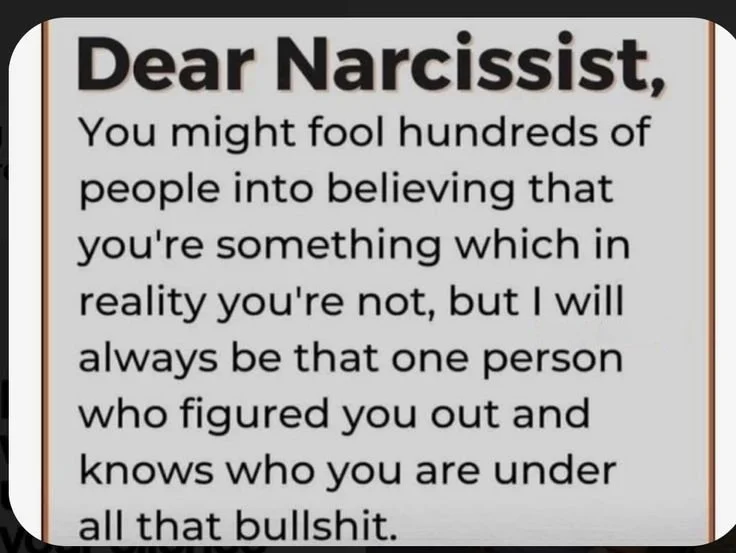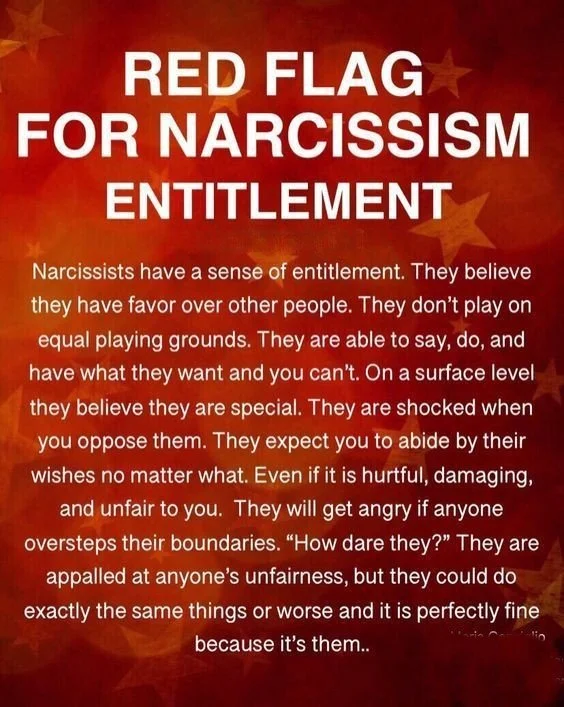Unmasking the Narcissistic Friend: From Love Bomb to Betrayal – Spotting the Signs Before It's Too Late
By Restoration Counseling LLC | October 13, 2025
Friendships are supposed to be a source of joy, support, and genuine connection. But what happens when that new "bestie" sweeps you off your feet with endless compliments, shared secrets, and an intensity that feels like fate? You might feel seen, valued, and exhilarated—like you've finally found your soulmate in platonic form. This is the "snowball" effect: a rapid rush of affection that builds momentum, pulling you deeper into the relationship before you realize the warmth is just a facade.
In reality, this could be love bombing—a manipulative tactic often used by narcissists to hook you in. As a friend, you might not suspect it because it masquerades as enthusiasm. But over time, the dynamic shifts: The glow fades, boundaries blur, and you're left questioning your worth. At Restoration Counseling LLC, I've helped countless clients untangle these toxic ties. If this sounds familiar, you're not alone—and there are clear signs to help you spot a narcissistic friend before the betrayal hits.
The Love Bomb: Why It Feels So Good (At First)
Love bombing in friendships isn't about romance—it's about control. A narcissistic friend might overwhelm you with attention: constant texts, surprise gifts, or gushing about how you're "the only one who gets them." This creates an addictive high, making you feel special and indispensable. But it's strategic. Narcissists crave admiration and use this phase to idealize you, drawing you into their orbit quickly.
You get snowballed because it mimics true vulnerability. They share "deep" stories (often exaggerated for sympathy), mirror your interests to build rapport, and make you feel like instant confidants. Before long, you're investing time, energy, and emotions—only for the devaluation to creep in. Subtle put-downs, one-sided demands, or ghosting when you need support signal the shift. It's exhausting, and the confusion? That's by design.
Red Flags: How to Know If Your Friend is a Narcissist
The snowball hides the truth, but red flags emerge if you pay attention. Narcissistic Personality Disorder (NPD) involves a pattern of grandiosity, need for admiration, and lack of empathy. In friendships, this looks like manipulation wrapped in charm. Here's how to spot it:
Entitlement Rules Their World: They act like the rules don't apply to them. Expect special treatment—your time, favors, or emotional labor—while dismissing yours as "overreactions." They're shocked if you push back, getting angry over "unfairness" to them, yet they trample your boundaries without remorse.
2. One-Sided Support System: True friends lift each other up. A narcissist? They surround themselves only with enablers—people who ignore red flags, encourage their ego, or stay silent about the truth. If you call them out, you're suddenly the villain, accused of the very behaviors they're guilty of (like gossiping or flakiness).
3. The Manipulation Toolkit: Beyond love bombing, watch for gaslighting (making you doubt your reality), triangulation (pitting you against mutual friends), or hoovering (pulling you back with apologies or more bombing after a discard). They might dump emotional baggage on you, then love bomb to reel you in when you pull away.
4. Lack of Empathy and Reciprocity: Conversations revolve around them. Your wins? Downplayed. Your struggles? Met with solutions that center their advice or disinterest. Over time, you feel drained, like you're performing for their approval.
If these resonate, trust your gut. The confusion stems from intermittent reinforcement—the highs keep you hooked, but the lows erode your self-esteem.
Breaking Free: Steps to Protect Yourself and Heal
Realizing a friend is narcissistic is heartbreaking, but it's the first step to reclaiming your peace. Start with boundaries: Limit contact, document interactions for clarity, and lean on a trusted circle (not their enablers). Therapy is key—modalities like CBT can rebuild your confidence and spot patterns early.
At Restoration Counseling LLC, I specialize in relational trauma and narcissistic abuse recovery. My passion is to help you process the betrayal, foster healthy attachments, and rediscover joy in authentic connections. Reach out today —your healing starts with one call.
Final Thoughts: You Deserve Real Friends
Friendships shouldn't leave you snowballed in doubt. By recognizing love bombing and entitlement, you empower yourself to walk away from toxicity and toward relationships that nourish. Remember: The person who fools the crowd can't fool your inner knowing forever.
Ready to unpack this? Visit restorationcounselingdsm.com or call (515) 581-0681. I am here to restore your story.





